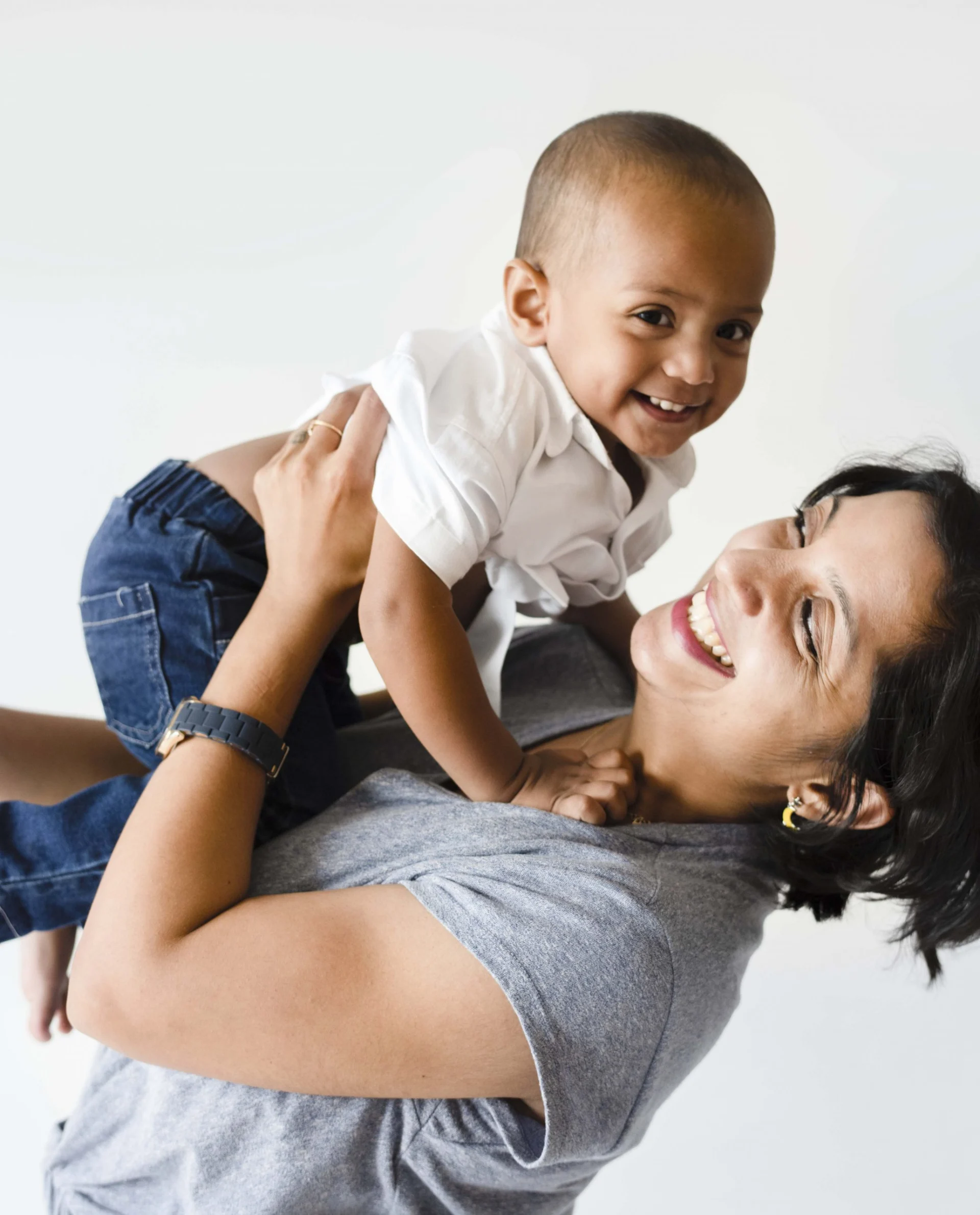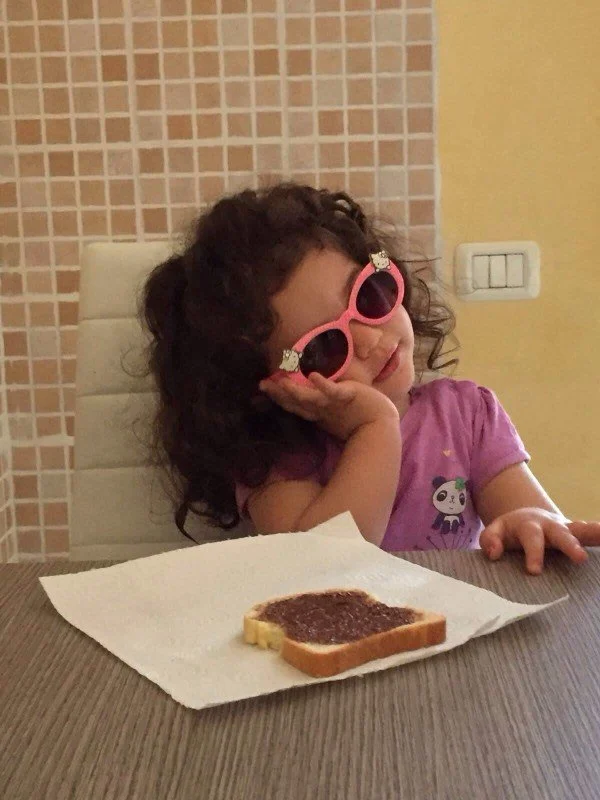One day I was delivering a parenting workshop alongside being a language teacher, I decided to do a little colocation activity. When I shout out the word, the mothers had to come up with a word that goes with mine. When I said “a bar of” half the class shouted out “soap” while the remaining half shouted “chocolate”. Amidst the other words, I said “Sibling”, everyone fell silent for a few seconds and then half said “rivalry” and the other half said “jealousy”. None came up with LOVE. Can SIBLING and LOVE even be put together? The words don’t seem to fit each other well. This just goes to show how we- all parents- suffer from sibling rivalry and jealousy.

To begin with, try to remember how you got on with your own brothers or sisters. Did you love each other all the time? Did you not argue, fight or hit each other- not once? Growing up, I had perfectly natural reasons to hate my sister and to argue with my brother sometimes. I was the youngest of four siblings and the apple of my father’s eyes (until age nine or ten). So, they were very jealous of me during that phase. One time my mother decided to pass my sister’s expensive party dress on to me while sorting out our clothes. My sister was furious to see me in a dress and hit me so badly. I tried to explain through my sobs that it was mum’s decision. My mother interfered, told her off, and smacked her. She, in turn, ran away from the house for a few hours and hated me for a few more days after the incident.
It’s a myth people believed in the olden days that brothers and sisters loved each other ALL THE TIME. Come to think of it, whether yours is a love marriage or an arranged marriage- you can’t possibly love your husband ALL THE TIME. There is no such thing as “happily ever after”. Sometimes you argue, sometimes you comfort, sometimes you annoy and sometimes you bring joy to each other. The truth is siblings- just like any other human being- experience a wide range of feelings and emotions.

Sometimes they love each other, sometimes they hate. They can entertain each other during this quarantine but they also irritate and annoy each other because they share the same parents and household 24/7. All of us, including our children, are born with different temperaments that don’t always mix well (it doesn’t, however, equal to when siblings hit and say hurtful things to each other every time they get angry with one another. This I will address more singling rivalry in the upcoming days)
Every mother seems to think “Why on earth do my children fight all the time?” while the truth is, all children fight and argue sometimes. If you think yours fight abnormally more than other children you know, I am here to remind you that you don’t know any other child as closely. Nevertheless, as a mother, the quickest way we can enhance a loving relationship between our children is TO STOP MAKING COMPARISONS.

If our children feel that they are seen and judged in relation to their siblings (or even to the younger version of us sometimes)- they end up hating their siblings (or hating themselves).
Every child craves to be seen in the wholeness of their own character. They are born different and that difference should be accepted. However difficult it may be for a mother to accept; we must accept their differences and stop making comparisons. Sumayya can never be Safiyya and Safiyya can never be Ibrahim and Ibrahim can’t be Saida. No child is good or bad, kind or mean, annoying or loving all the time- but rather all of these at one time or another. We should avoid building images and perceptions in our heads like “this one is a good child” and “that one is a problem child” because children will sense our perceptions and will act accordingly. (Do you have that one child who says “You always think I’m bad anyway…so”).
While I knew it’s important to see each child as a distinct person, I struggled to follow it through until I started making more connections with my own childhood. We all have to sit with our own childhood and figure out what makes us REACT and what makes us RESPOND to different qualities in our children. Those who grew up with a positive self-image will be pleased to see some of their own qualities in their children. Those who struggle with a positive self-image will find it difficult to accept when the qualities they have always rejected in themselves emerge in their children.

We can’t tolerate it when our children behave in ways that are exactly how we once behaved and were told: “Why can’t you be so and so?”
For example, I was often made to feel guilty for being sensitive, shy, withdrawn, and introverted. To see those traits in my children was my worst nightmare until I stopped repressing those feelings in myself and accepted myself.
In a nutshell, when you accept yourself for who you really are, it becomes easier to accept your children with their differences. And that’s the most important step for stopping making comparisons.
I know every parenting article I write so far keeps referring back to the self. Well, it’s true when they say “When you become a parent it’s your biggest chance to grow again. You have another crack at yourself.” (Fred Rogers ‘Mister Roger’s Neighbourhood.’)
Iroda Ahmed
A UK qualified teacher, Education Consultant & CEO at Raising Young Scholars www.raising-scholars.com
I am a teacher and teacher-trainer by profession. I am also an educational consultant, parent educator and a seasoned homeschooling mother of six who helps other mothers succeed in their parenting and homeschooling journey. I earned a BA in English and M.Ed in Teaching English in the UK. I have been developing, designing and teaching various courses both in the UK and abroad since 2003.
I have also founded Raising Young Scholars, Islamic Online Academy that delivers high quality, interactive and engaging online courses aimed at Muslim women and children.
In addition to my full-time job at a university, RYS is working towards launching an accredited Islamic Online school to equip Muslim children with academic, character-building and life-skills needed to make them the leaders of tomorrow. Teaching is my passion and I try to instil a culture of lifelong learning in all my students.




















